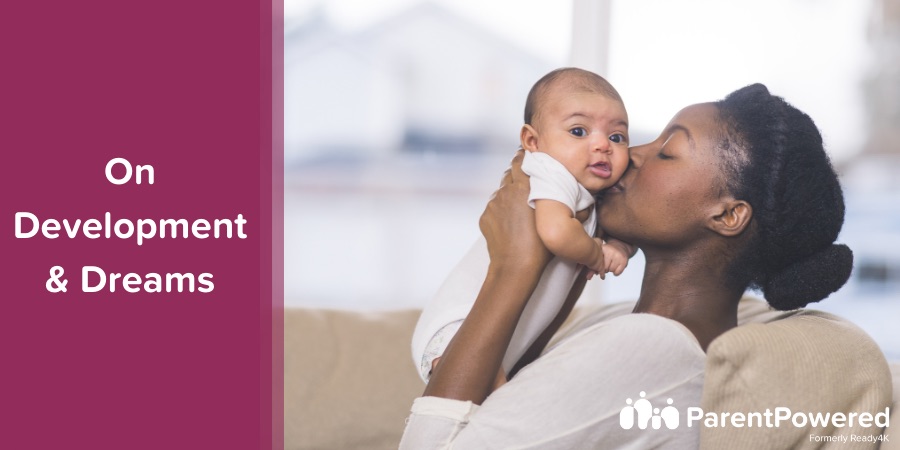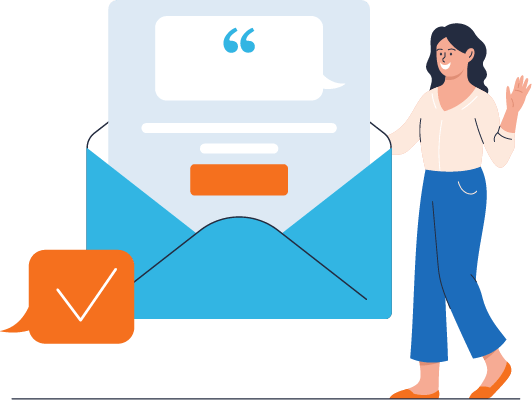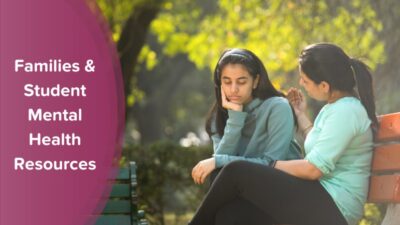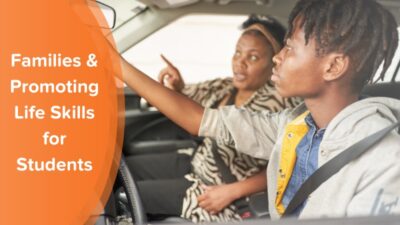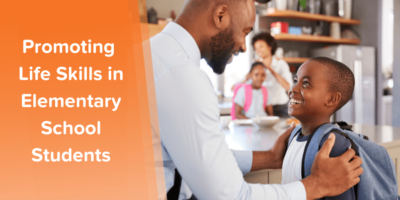By Rebecca Honig, chief content & curriculum officer
NOTE: This blog post was written during the height of the COVID-19 pandemic.
This weekend I had an opportunity to listen in to a mixed age conversation about dreams. It was a group of PreK-2nd graders. Under normal circumstances they’d be meeting in person to do projects, play together, learn together. This year, like so many things, they come together over Zoom.
Two weekends ago they had gathered to honor the life and legacy of Dr. Martin Luther King Jr. with a day of service. This weekend, to build on what they’d learned, they were reading and discussing his famous “I Have a Dream” speech.
The teacher began by reading a short excerpt from this celebrated speech. The children nodded knowingly. One whispered, “Hey I know this.” Another, “This is really famous.”
When she finished, she let the children sit for a moment in silence. Then she asked them to get a pencil and paper. “Now…” she explained, “I’d like all you to write or draw a dream that you have.” The children raced off screen to grab their supplies and ten minutes of drawing and writing ensued.
Dreams Big and Small
When it came time to return to the screen, she summoned them back with an invitation. “Okay everyone time to share our dreams.” As in many mixed grade learning environments, the youngest students were invited to go first.
“Do I have any Pre-k students or Kindergarteners who’d like to share?” The teacher asked. Three hands shot up.
“I have a dream that I will have ice cream right now.” Said the first as she held up a drawing of a cone overflowing with strawberry ice cream. The next child contributed, “I have a dream that I will get a wand and there will be more wizards.” The third added, “I have a dream that unicorns will be real.”
“Okay” the teacher added with a bit of hesitation. “Let’s move on to the first graders.”
A single hand raised. “Yes?” she said calling on a boy who was excitedly waving his paper in anticipation of his moment to share. “I have a dream for my family. Because I love them.” “Yes…” she said expectantly, assuming this was just his opening line, and that specifics of the dream would follow. “Yup.” The boy added. “That’s all.”
“Well, I guess that means it’s time for the second graders.” She transitioned. Four children readied themselves to share.
“I have a dream that we will end poverty” the first child read aloud. The next contributed, “I have a dream that we will all get better at helping each other.” This was followed by a child who shared “I have a dream that someday all people everywhere will be safe.” And the final second grader added, “I have a dream that lots of people of all colors will get to be in charge, and that everyone will listen.”
A rich discussion followed this presentation of dreams, but I did not hear it. I was too busy, racing to find my own pencil and paper. As an educator, family engagement specialist and someone whose work is rooted in child development, I HAD to reflect on what I had just heard.
From “I” to “We”
What struck me about this presentation of dreams is that it put developmental stages on perfect display. The kids perfectly represented where they are on the journey toward thinking about and caring for others. And the amazing role that caregivers can play in this process.
In reflecting on dreams, the pre-k and kindergarteners, focused inward, expressed their personal hopes and fantasies. They wanted treats and powers and magical pets because… well, why not? When it comes to dreams, the sky’s the limit and at age 4 and 5. Kids are still building the muscles to think outward and consider other people’s thoughts, needs and perspectives. It’s the age of ME. It’s a time focused on early identity formation, a time when kids are often discovering what they think and feel, what they can do all on their own. So, it makes total sense that when given carte blanche to dream, they’d think about personal dreams. Dreams for themselves.
From this stage, kids begin to consider those closest to them, often family and friends. Enter the 6 year old whose dream was for his family. Why did he include them in his dream? Because he loved them.
In this simple statement he so perfectly captured this shift beyond the self. He was moving from ME to US, beginning by considering his closest relations. People he loved.
And then there were the 2nd graders. In their dreams they considered EVERYONE. This included people they had not even met, people they would never meet. People with different lived experiences, people far away. Their dreams focused on the collective wellbeing, on a better world for all.
Cultivating WE Dreamers
At ParentPowered, a third of our content lives in the Social and Emotional Domain. At all ages and developmental stages, we have parenting tips and activities mapped onto these key developmental shifts. They are strengths based, leveraging parents’ and caregivers’ unique and irreplaceable role in children’s lives. A role that perfectly positions them to have a profound impact on children’s sense of the world and their role in it.
Here are just a few examples of our everyday learning moments:
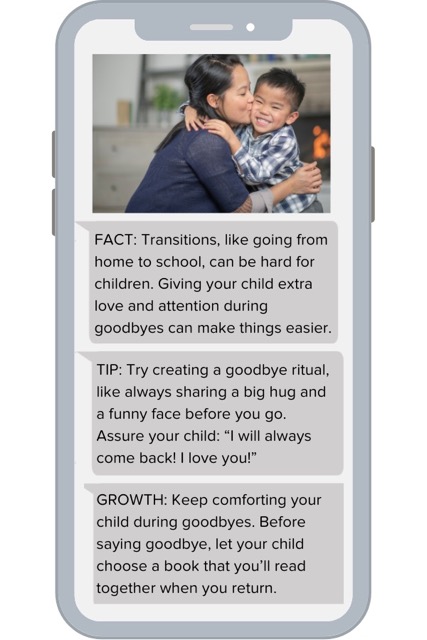
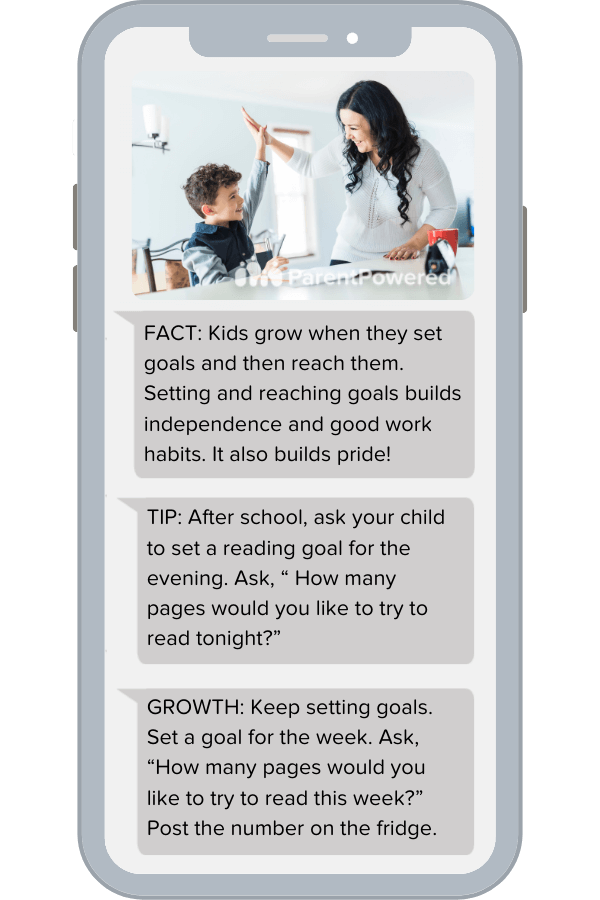
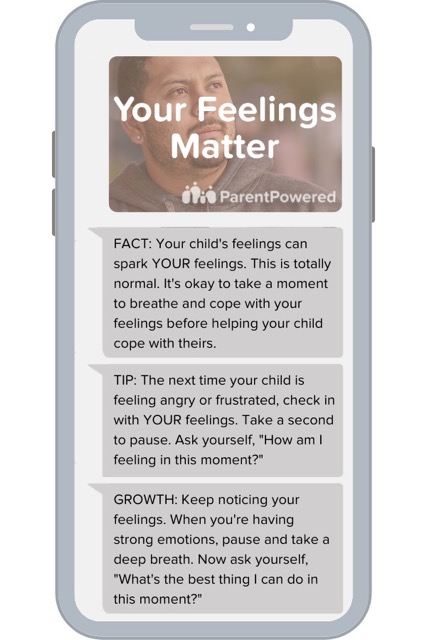
Resources for Raising WE Dreamers
Before he dreamed of a better world for all of us, Dr. King walked this developmental journey, too. In fact, in his own writing he cites the influence of his early experiences with his parents in creating his worldview. From their loving encouragement, to their conversations about injustice, to watching them work for a more just world, they were major contributors to his sense of himself in the world and to his drive to make change. Not just for himself and his community, but for all of us.
As we all work towards bringing up the next generation of change makers, we wanted to share a few parenting resources that we think do a great job of building some of the skills most critical to helping kids become the leaders big and small that will work to shape a better world.
Infants and Toddlers
PreK-Elementary
About the author
Rebecca Honig is the Chief Content and Curriculum Officer at ParentPowered. She has authored numerous curricula, parent guides, and children’s storybooks for Sesame Workshop, Scholastic, Disney, Compass Learning, PBS, WGBH, HITN, Nickelodeon, Mo Willems, and The Norman Rockwell Museum. She has also served as a Curriculum and Content Specialist for Sesame Street and spent ten years teaching in public, private, and after school programs. Rebecca has a Master’s Degree in Early Childhood Education from Bank Street.

